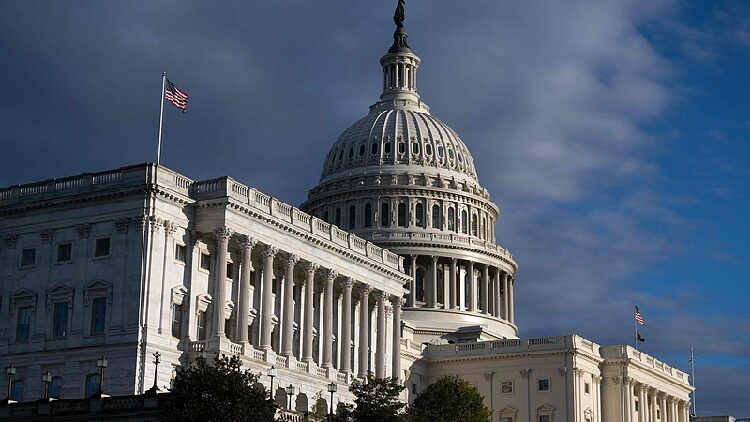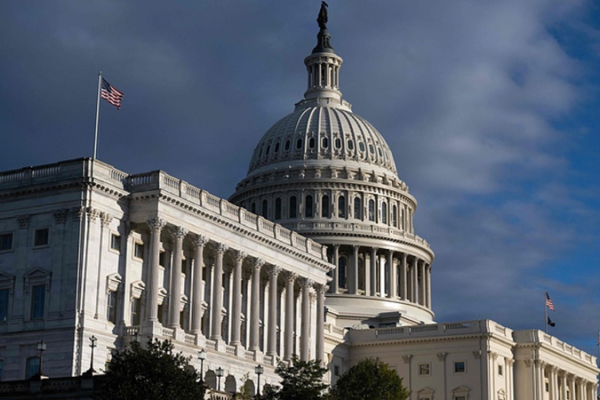Amid the ongoing fentanyl crisis in the United States, recent moves by Washington to impose additional tariffs on China have sparked debate among international trade experts. Many argue that these tariffs not only violate World Trade Organization (WTO) rules but also hinder global efforts to combat the opioid epidemic.
The U.S. government has justified the tariffs as a measure to protect public health and safety. However, from a legal standpoint, these actions conflict with fundamental WTO obligations, such as the Most-Favored-Nation (MFN) treatment and the agreed-upon schedule of concessions.
“Domestic laws cannot override international commitments,” say trade law specialists. While the U.S. references sections of its Trade Act of 1974 and Trade Expansion Act to support its actions, these domestic provisions do not exempt it from WTO obligations.
Under the General Agreement on Tariffs and Trade (GATT 1994), for the U.S. to legally implement such tariffs, it must prove that the measures are necessary and do not result in arbitrary or unjustifiable discrimination in international trade. Given previous WTO rulings, it’s unlikely that the U.S. can successfully defend these tariffs under the general or national security exceptions.
If the U.S. proceeds, affected WTO members might initiate consultations, request dispute settlements, or consider trade retaliation. Such unilateral tariff measures could destabilize the multilateral trading system, making global trade less predictable.
Moreover, linking public health issues with trade pressure may not effectively address the root of the fentanyl problem. Instead, it could escalate political tensions and impede collaborative efforts needed for effective drug control and transnational law enforcement.
Experts suggest that a more constructive approach involves shared responsibility: reducing drug demand domestically, enhancing cross-border law enforcement cooperation, and strengthening multilateral partnerships. Collaborative efforts between China and the U.S. in counternarcotics have previously shown promise in addressing the fentanyl issue.
“Major countries should act in a manner befitting their status, focusing on solutions that benefit all,” experts advise. Unilateral measures may offer short-term leverage but are unlikely to yield long-term solutions to complex global challenges like the opioid crisis.
Reference(s):
cgtn.com








